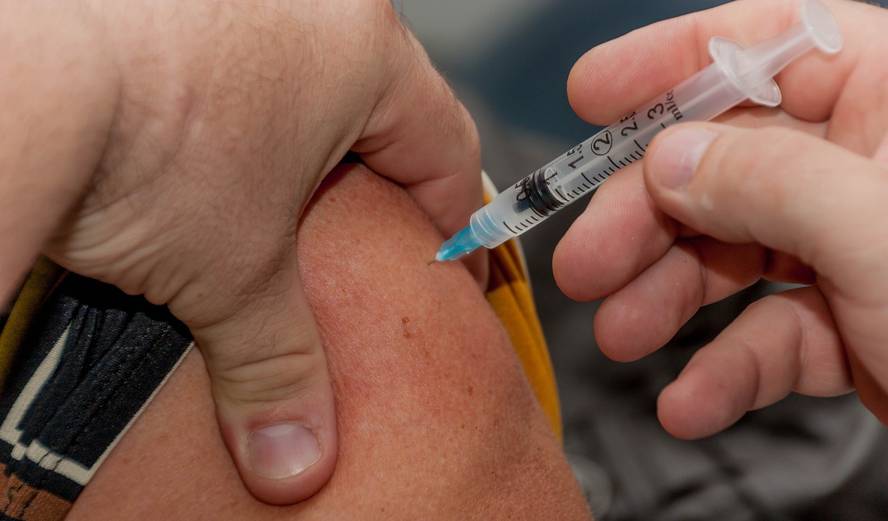They manage to create pioneering antibodies against HIV with a new vaccine
A new strategy to create an HIV vaccine has yielded encouraging results. According to Science, in a small phase I clinical session, 97% of participation receptors have generated broad response antibody precursors, without the vaccine having significant side effects. Although it is only a first step, it is important because it confirms a new vaccination strategy. This strategy could be useful not only for HIV, but also for other viruses with many different strains, such as the flu virus or coronavirus.
The success of an HIV vaccine depends on the broad response, i.e., the creation of antibodies able to know the different strains of HIV. So far this has not been possible. It is also very rare, through infections, the formation of antibodies of this broad spectrum, very rare in the human immunity system. However, a few people infected with HIV have created them. Well, to achieve this with the vaccine, the strategy is to act on the germ line or origin of the antibodies, giving rise to precursor B cells capable of transforming into broad-spectrum antibodies. To do this, the new vaccine has been designed and of the 36 volunteers who received it, 35 created these pioneering B cells.
However, the degree of protection against the virus remains unclear. The next step would be to turn those pioneering antibodies into adult antibodies using another antigen. If this were done, it would be a real breakthrough in getting the HIV vaccine.






